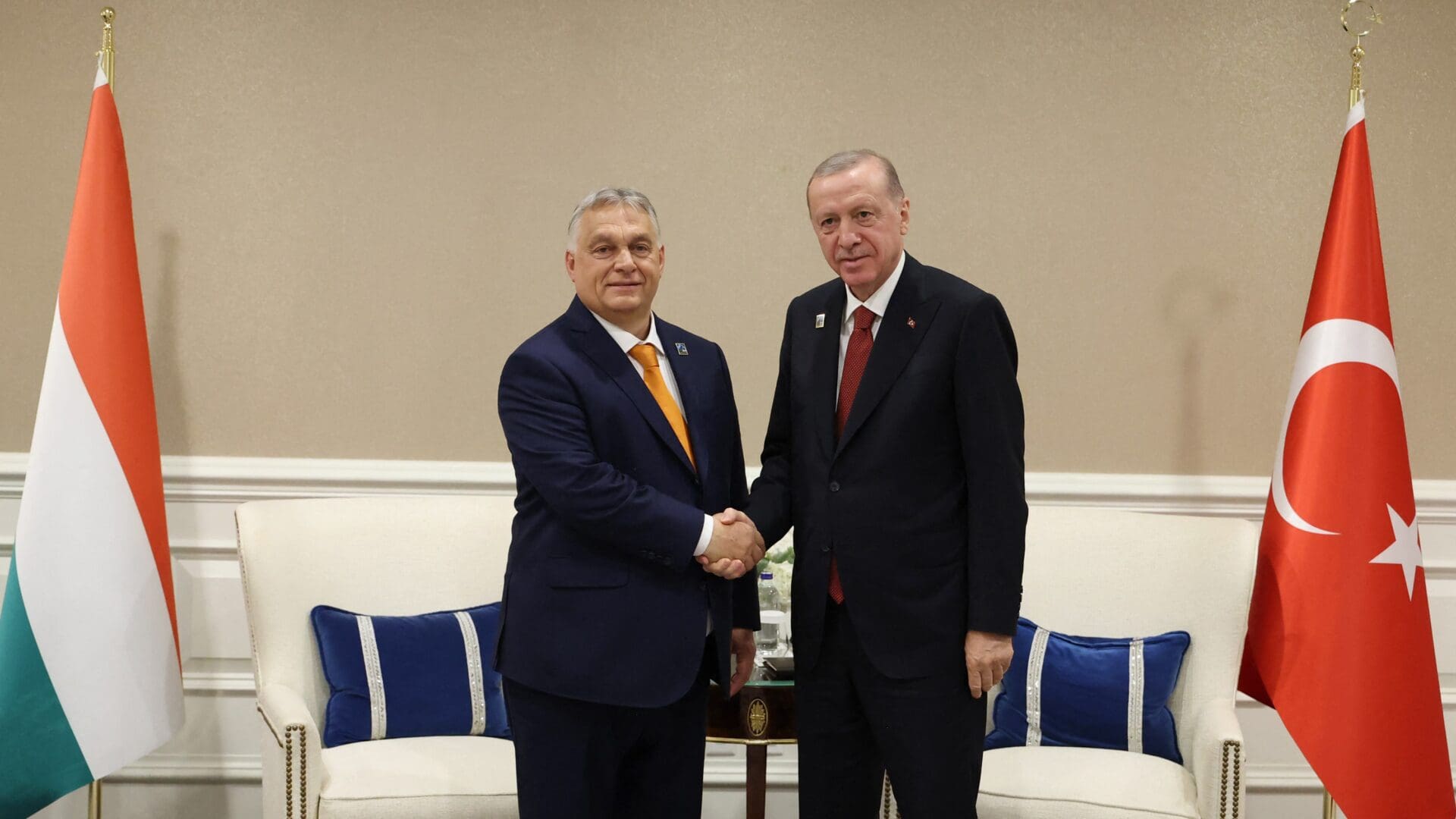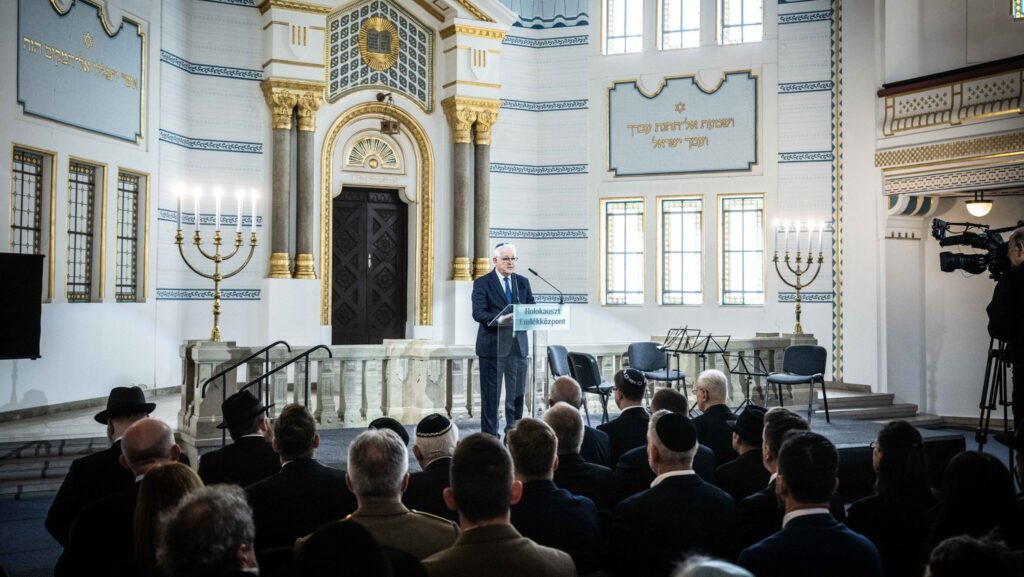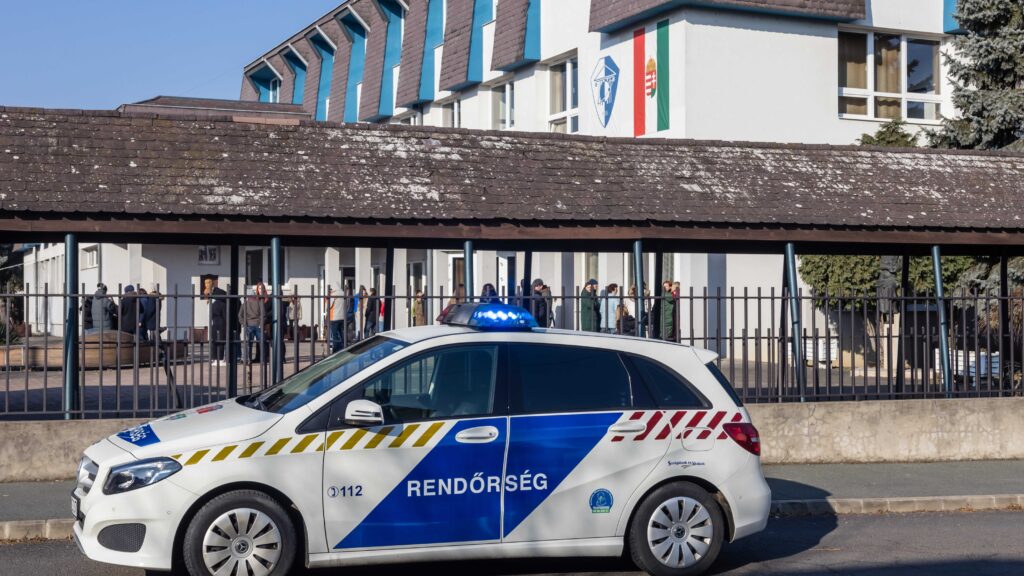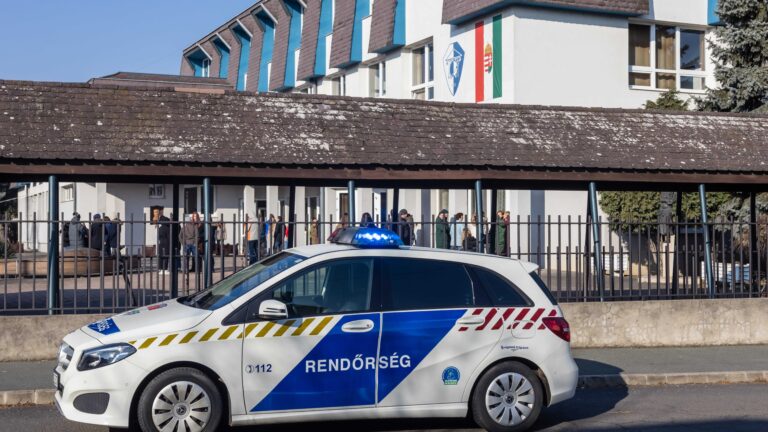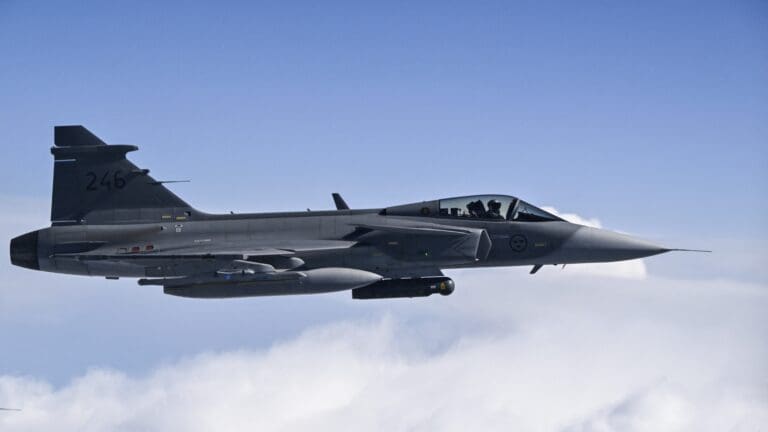Hungary and Türkiye will strengthen their cooperation to restore peace as a priority on the agenda of international organizations, Minister of Foreign Affairs and Trade Péter Szijjártó declared on Wednesday in Washington, according to a statement from the ministry.
At the NATO summit, the minister explained that the previous day saw high-level consultations between Hungary and Türkiye, part of the ‘peace mission’ initiated with Hungary’s assumption of the rotating EU presidency. He highlighted the significance of the discussions, noting that Türkiye’s mediation of the Black Sea grain deal, the only successful mediation attempt in the two-and-a-half-year-long war in Ukraine, averted a global food supply crisis.
‘In the coming period, we will further coordinate our efforts with the Turks to bring the topic of peace back onto the agenda of international organizations,’ Szijjártó stated. He noted the problematic nature of current international events, including the NATO summit,
where discussions predominantly focus on war.
‘The discourse revolves around how to win the war and supply weapons. War, war, war. The term ‘‘peace’’ has become practically illegitimate within these organizations,’ he observed.
Szijjártó criticized the labelling of those advocating for peace as puppets of Putin, Trojan horses, Russian agents, or Kremlin propagandists. He announced that Hungary has joined forces with Türkiye to restore the legitimacy of peace as a concept and message in international organizations.
He recalled that Turkish President Recep Tayyip Erdoğan recently met with his Russian counterpart, Vladimir Putin, providing both Budapest and Ankara with comprehensive insights into the current war situation. He stressed the shared view that an upcoming peace conference must include both warring parties to be effective.
‘The Swiss initiative, despite its good intentions, demonstrated that if only one warring party is present, a solution cannot be found within that format,’ he remarked.
Szijjártó concluded by reflecting on the lessons learned over two-and-a-half years of war, pointing out the failure of the Western strategy. ‘Comparing the situation now to two-and-a-half years ago, it is clear the situation has worsened. Thousands, tens of thousands, hundreds of thousands of deaths, millions of refugees, a significantly destroyed country, increasingly severe frontlines, more brutal war events, and escalating risks–this is the current state,’ he listed.
He asserted
the need for a strategy that opens communication channels and restores the legitimacy of diplomacy.
Szijjártó also mentioned a meeting with his Serbian counterpart on the sidelines of the summit, noting the importance of this engagement, as both countries desire peace and face continuous political attacks for their stance. ‘These political attacks will not deter us from advocating for peace and our national interests,’ Szijjártó emphasized.
Related articles:

